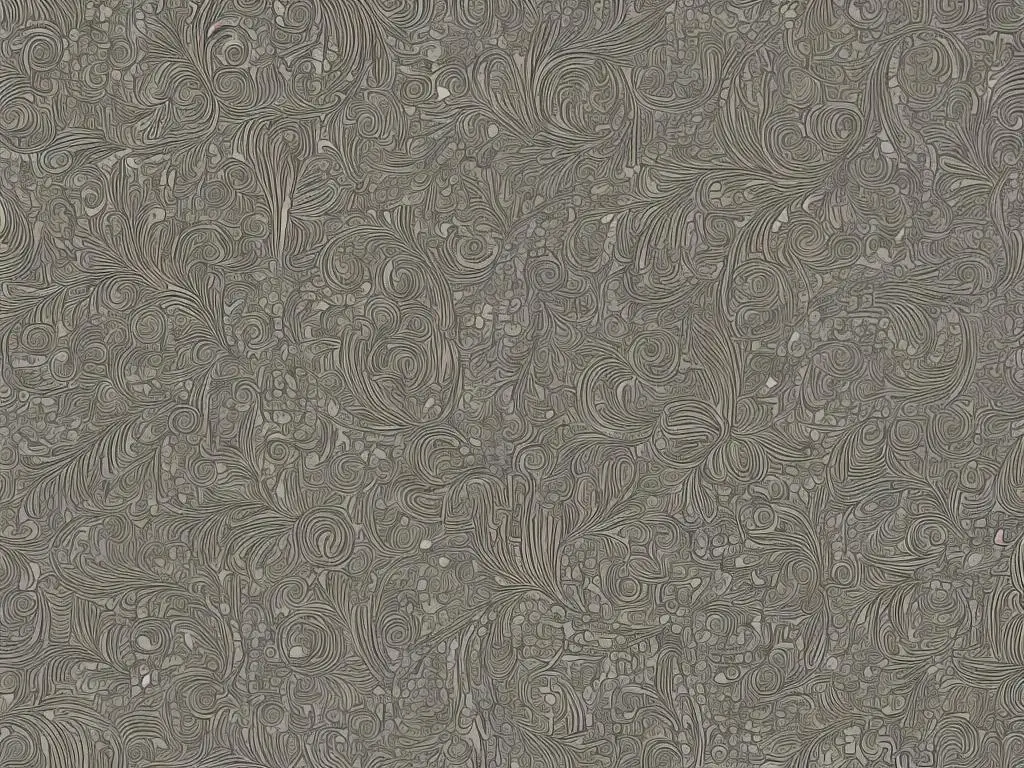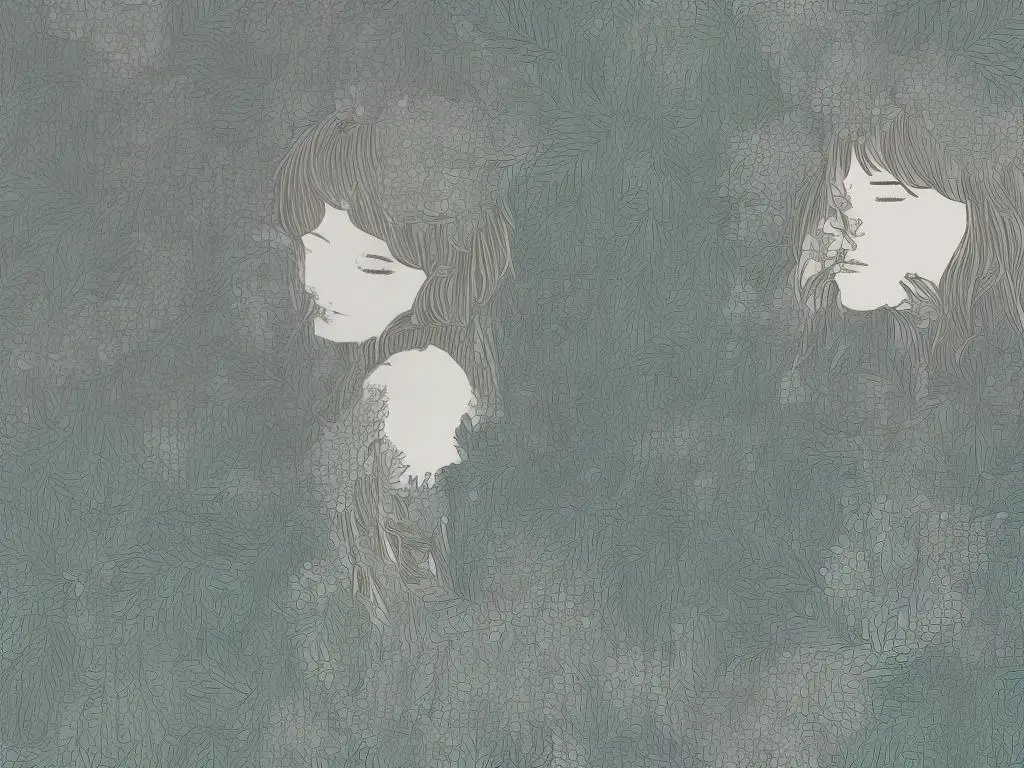Did you ever wake up to the memory of a vivid dream about a tattoo? For most individuals, dreaming involves surreal narratives and shifting scenes that linger in minds, dancing on the edge of understanding. An increasingly popular theme within this domain is the motif of tattoos. Intriguingly, tattoos in dreams tend to transform, revealing deeper meanings tied to our subconscious psyche. Does the intensity of color implicate specific emotions? Or does the shift in design represent transitions in life? As we delve into this exploration, remember that dreams are intensely personal; they draw from our individual experiences, fears, hopes, and definitions built by social and cultural contexts.
Symbolism of Tattoos in Dreams
Symbolism of Tattoos in Dreams: A General Overview
Dreams can be symbolic representations of our subconscious thoughts, feelings, and experiences. Tattoos, too, carry a great deal of symbolism. When dreaming about tattoos, these symbols and their interpretations can overlap. Sometimes, tattoos in dreams can imply great personal transformation, symbolic of permanent change or a defining moment that has left a “mark” on your psyche.
Dream Theories Related to Tattoos
According to Carl Jung, a prominent psychologist, dreams including tattoos often represent something unique about the individual that sets them apart from the rest of society. This could be something innate, a certain quality, or an experienced event that has significantly shaped one’s identity.
In the context of transformation, dreaming of getting a tattoo can reflect drastic personal changes. You may be entering a new phase in life or undergoing a transition that permanently impacts who you are. The tattoo, in this case, symbolizes these life-altering changes.
Symbolism Based on Tattoo Design and Location
The type of tattoo and its location on the body also figure into the dream’s symbolic interpretation. For example, if you dream about getting a butterfly tattoo on your arm, it could symbolize personal growth and transformation. Butterflies are generally associated with metamorphosis and rebirth. Hence, this dream might subtly suggest that you’re undergoing a significant change or maturation phase.
Similarly, a snake tattoo in a dream might signify transformation on a spiritual level. In many cultures, snakes represent rebirth, healing, and spiritual growth. If the tattoo is on your arm, you might be processing these transformations through actions or initiatives; if it’s on your chest or close to your heart, it might indicate emotional growth or changes in personal relationships.
Emotions felt during the dream are also crucial to interpretation. If you felt positively about the tattoo transformation, it might indicate an acceptance or readiness for the change. However, a negative emotional response could suggest fear, anxiety, or hesitation about an impending transformation.
Delving into the Symbolic Nature of Tattoo Dreams
Decoding the symbolism of tattoos in dreams is a deeply personal and individualistic endeavor, highly reliant on one’s own experiences, societal exposure, and phenomenological perspective. It is crucial, therefore, to dissect such dream symbols with an acute sense of personal interpretation. Involving professionally trained psychologists or dream analysts can offer valuable insights into these intricate dream symbols. Keep in mind that observing tattoo transformations in your dream usually represents certain changes, at physical or mental levels; decoding them can help you discern your readiness or acceptance to embrace these changes.

Psychoanalysis Perspectives on Dream Tattoos
Exploring Dream Tattoos: Uncovering the Meanings from Freud and Jung’s Psychoanalytic Perspectives
Psychoanalysis gives us a novel way to fathom the symbolism we encounter in our dreams. Through the eyes of psychology’s pioneers, Sigmund Freud and Carl Jung, our dreams are perceived as gateways to our unconscious minds. When dreams introduce the notion of tattoo transformation, they could be shedding light on personal milestones, phases of evolution, or a person’s self-growth journey.
Freud viewed dreams as expressions of supressed desires or lingering tensions. Consequently, dreams about tattoo transformations could expose a deeply rooted longing for change, metamorphosis, or differentiation. Such dreams could disclose a dramatic desire for alterations in the way one looks or defines themselves. Here, the tattoo acts as a symbol for the sought-after transformation.
This Freudian understanding of tattoo dreams could also be linked with the ego-super-ego dynamic. The tattoo might be a manifestation of the ego’s assignment to claim authority, highlighting a person’s intrinsic personality characteristics or aspirations. Hence, tattoo alterations could indicate a struggle between personal wishes (the ego) and societal constructs (the super-ego).
On the other hand, Jung proposed that dreams serve as counterbalances to our waking consciousness, shedding light on parts of ourselves or lives that we might not consciously grasp or may have ignored. In the Jungian perspective, dreams about tattoos could signify a need to acknowledge parts of our character that have been overlooked or repressed.
Jung saw dreams as reservoirs of universal symbols or archetypes, which are shared across all cultures and societies. The specific features of the dream tattoo—the design, color, location—could stand for various archetypes. Consequently, transformating these tattoos could suggest a shift or evolution in the importance of the underlying archetype within a person’s psyche.
Jung also postulated the concept of individuation, a lifelong journey of self-identification and self-consciousness that incorporates both the conscious and unconscious minds. Dreams about transforming tattoos might hint at the ongoing individuation process, based on the transformation’s nature.
These psychoanalytic theories together offer a profound analysis of dreaming about tattoo transformation. While the Freudian interpretation frames it as a conflict between personal urges and societal standards, the Jungian interpretation identifies it as an indication of unattended aspects of one’s personality or a symbolic gesture towards self-discovery. Therefore, dreams about transforming tattoos embody more than just visual representations; they signify inner psychic reflections, life transitions, and personal evolution.

Common Themes of Tattoo Transformations in Dreams
Dream-based Tattoo Transformations: A Comprehensive Look
Dreams are like intriguing subconscious labyrinths. In these labyrinths, tattoos often serve as a tool used by the subconscious to transmit messages about self-identity, emotions, or experiences. Dream-based tattoo transformations, featuring evolving patterns, morphing tattoos, or shifting colors, are recurrent themes that compound the symbolism of these dream images.
Evolving Designs in Dreams
In dreams, tattoos can evolve, grow, or change to reveal different images. This transformation often indicates that your perception of yourself or your circumstances is morphing. If the evolving tattoo design reveals positive or uplifting images, it could signify personal growth, integration of new experiences, or increasing self-confidence. Conversely, if the evolving design turns into something more disturbing or negative, this can suggest self-doubt, fear, or unresolved guilt.
Shapeshifting Tattoos: A Symbol of Fluid Identity
Another common tattoo transformation in dreams is the morphing or shapeshifting of a tattoo. This metamorphosis could mean a shift in how you see yourself or how you wish to be perceived by others. The particular shape that the tattoo morphs into could represent the qualities or attributes you’re currently integrating into your identity. For instance, if your tattoo transforms into a bird, it may indicate a desire for freedom or independence.
Changing Colors: Tapping into Deep Emotions
The color of a dream tattoo holds its meaning. If the color of your tattoo changes in a dream, it might be reflecting changes in your emotional state. A tattoo transforming from a light to a dark color might indicate a shift from positivity to darker emotions, like sadness or anger. Conversely, if the color changes from dark to vibrant and bright colors, it could signify an emotional healing process or an emotional breakthrough.
Potential Incidences of Specific Imagery
The social and cultural implications of the specific images that appear in your tattoo transformation are also crucial. For example, if the tattoo morphs into religious symbols, it might suggest a spiritual awakening or crisis on your part. If the tattoo features a snake that transforms into a butterfly, it could symbolize significant personal changes or rebirth. Likewise, a transforming tribal tattoo might indicate a need to connect with your roots or ancestral heritage.
Conclusion
In interpreting the transformation of tattoos in dreams, one should take into personal and cultural symbolism, colors, and the experience of emotions. The reoccurring themes of these transformations in dreams may offer a valuable understanding of your subconscious mind and personal growth journey. Remember, your personal context, including recent life events and personal associations with symbols, plays a vital role in interpreting your dreams.

Real Experiences and Interpretations
Comprehending Tattoo Transformations in Dreams
Tattoos, as seen in dreams, often represent a multitude of emotions and experiences as varied as personal transformation, self-expression, rebellion, or as a symbol of commitment. The term ‘tattoo transformation dreams’ specifically refers to dreams where an individual sees themselves getting inked or witnessing the changes in an already existing tattoo. Similar to all dreams, these experiences depend largely on personal histories and circumstances of the dreamer.
Real Experiences
Case 1: Lily’s Fiery Phoenix
Lily, a recently divorced woman, began experiencing dreams where the small, delicate butterfly tattoo on her shoulder morphed into a vibrant, fiery phoenix. During the day, she struggled with feelings of failure and loss. But in her dreams, she saw her old tattoo transform into this powerful symbol of rebirth and renewal. For Lily, this dream was her subconscious way of illustrating her journey from a fragile butterfly to a resilient phoenix, symbolizing a spark ignited within her to start anew.
Case 2: Jason’s Gradual Evolution
Jason, a college graduate who felt stuck in a dead-end job, dreamt that the simple tribal tattoo on his arm would gradually add components and details over time, evolving into a complex, intricate sleeve that depicted a grand life journey. Jason interpreted this as a sign of his frustration with his current state of unfulfillment. He saw the transformation as a representation of his unmet potential and a desire for progress. Eventually, these dreams became a motivating factor for Jason to explore new professional opportunities.
Interpretation and Impact on Life
While dreams of tattoo transformation are vivid and impactful, it’s the interpretations that have the real power to influence a person’s life. These interpretations depend heavily on the individual’s emotional state, personal experiences, and current life circumstances.
Lily’s Interpretation and Impact
Lily, for instance, took her dream as a sign of personal transformation. Fueled by this, she sought emotional healing and eventually used the dream imagery to inspire her work as a budding artist. The phoenix from her dream became a symbol for her new line of artwork, showcasing her journey through heartache and resilience.
Jason’s Interpretation and Impact
In Jason’s case, his transforming tattoo dream was a visual representation of his desire for personal and career growth. This motivated him to quit his unsatisfactory job and pursue a different career path. To commemorate this life-changing decision, he tattooed an image on his body that closely represented the evolving design from his dream.

As our exploration reveals, tattoo transformations in dreams can be seen as a mirror to our souls, reflecting our unique inner landscapes. They could be symbolic of inner growth, personal transitions, or our subconscious anxieties. Individual experiences lend further credibility to this interpretation, showing us various pathways our minds choose to communicate with us. So, the next time you remember a vivid dream about transforming tattoos, consider the interpretations discussed here. It might serve as an invitation from your subconscious mind to understand yourself better, engaging in a deeper dialogue with your soul. Learn from these dreams, because they might just be your psyche’s unique way of telling your story.
